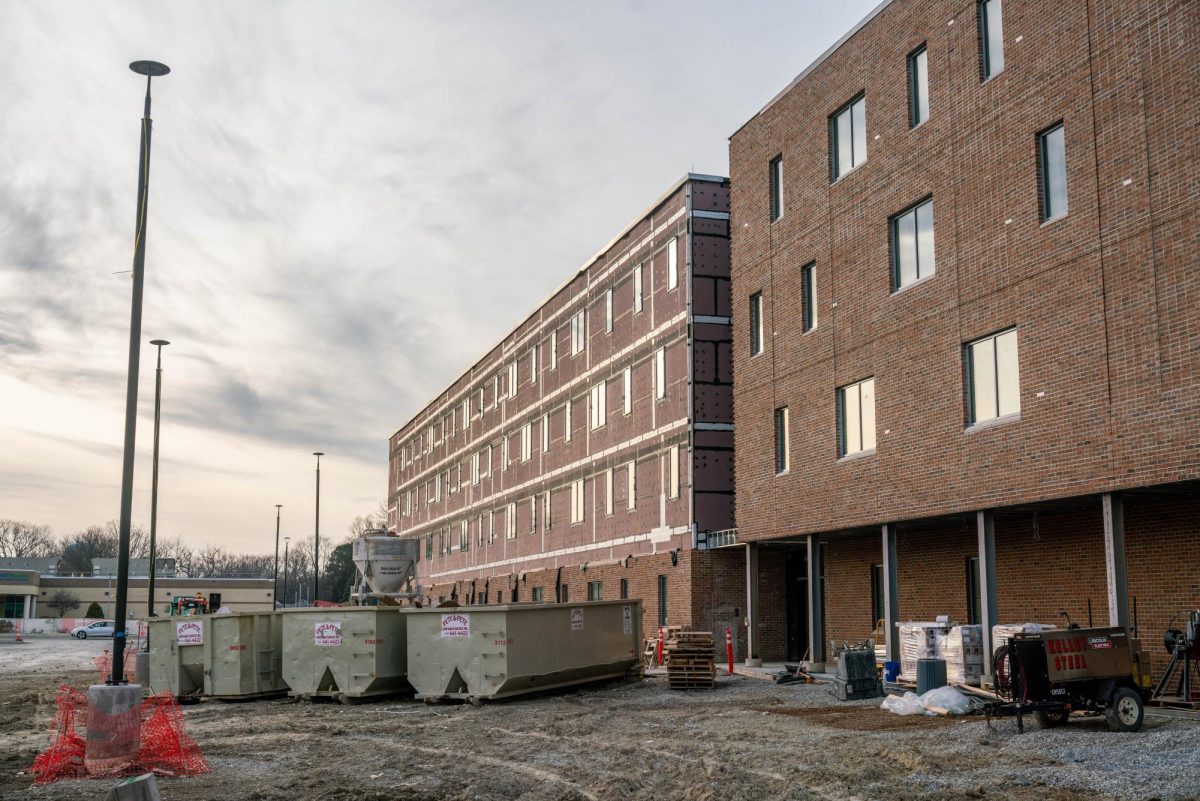Oberlin College will launch its new Learning and Labor Scholars Program beginning in spring 2025. The program, created by Professor of Politics Steve Crowley and James Monroe Professor of Politics and East Asian Studies Marc Blecher, includes two four-credit classes in the Politics department, one in the spring semester and the other in the fall. In the summer following the spring class, scholars will pursue paid internships associated with the labor movement.
The deadline to apply for the program is Nov. 15. Ten scholars will be selected from the applicant pool, which is open to students across majors and class years.
The program builds on an existing internship initiative supported by the Oberlin alumni 1833 Just Transition Fund, which includes opportunities sponsored or referred by alums working in the field. The eight-week-long internships are accompanied by a $5,000 stipend and include remote and in-person work on organizing campaigns, policy research, and advocacy for labor organizations and think tanks across the U.S.
“Every day, I woke up feeling like I had a strong purpose,” College fourth-year Ani Zakarian, who spent this summer interning at UNITE HERE Local 274 in Philadelphia, said.
She took on multiple roles throughout the internship, from strategic planning to ground-level organization, and called the experience “life-changing.” She plans to return to work at UNITE HERE after graduation.
The courses are dedicated to providing students with a grounding in labor theory and the global dynamics of work under capitalism that serves to deepen their internship experience. A historic number of Oberlin graduates have gone on to pursue careers in the labor movement, several of whom will be returning as guest speakers for the course.
The title of the program deliberately echoes Oberlin’s motto, “Learning and Labor,” which has roots in the College’s founding ethos. This commitment to labor issues was thrown into question in 2020, when the College’s decision to outsource over a hundred workers during the pandemic spurred significant backlash from faculty, students, and alumni. According to Blecher, Susan Phillips, OC ’76, an alum with deep family ties to Oberlin, responded by redirecting funding from the College toward the Labor Institute, an organization that educates on labor rights and provides training to young activists.
Blecher said that he hopes students will emerge with skills that enable them to do constructive work beyond just expressing their discontent.
“If you want to criticize what the College did, one good way to do it is to create a program that teaches students about why that was something the College shouldn’t do,” he said.
The curriculum is structured in a way that fosters a nuanced understanding of work, worker struggles, and the sociopolitical frameworks in which they exist. In the spring, students enroll in an intermediate-level course on labor politics, followed by the summer internships. In the fall, students return for an advanced seminar, synthesizing their experiences in the field with academic insights, culminating in research papers on labor-related topics informed by their internship work.
Speaking to the relevance of the program in the context of present-day politics, Crowley quoted Joe Hill: “Don’t mourn, organize!”
“If you want to know what would make America great again: unions!” he said.








